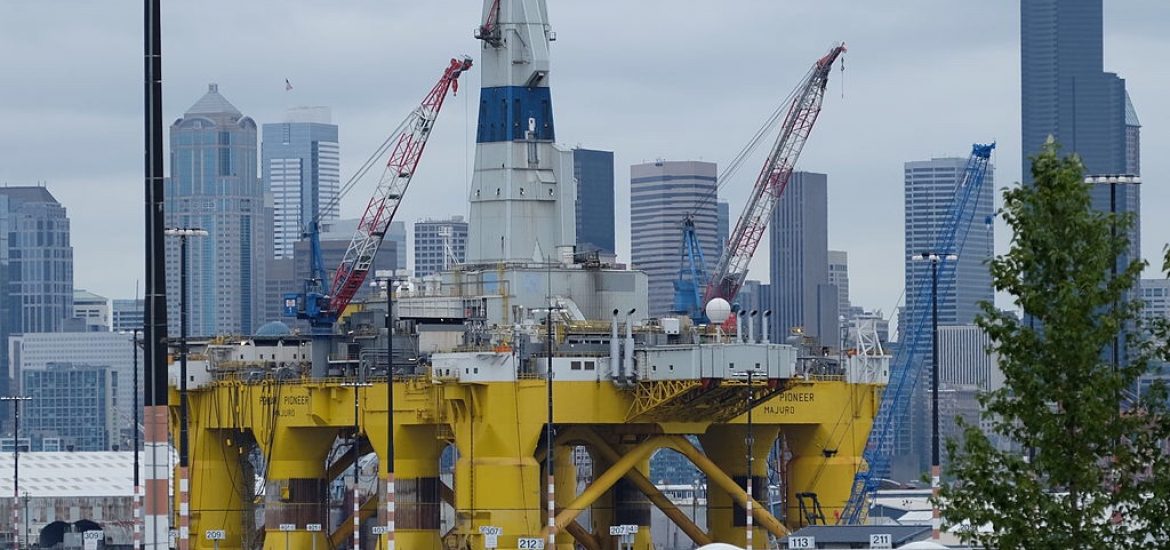
Royal Dutch Shell has defended a 126-per-cent increase in pay to its CEO Ben van Beurden, who received €20 million last year.
A long-term incentive package with a €15.2-million share and there was a €3-million annual bonus, meaning the 60-year-old Dutchman’s pay packet was 143 times more than that of the average Shell employee.
The trade union Unite said the sum was “outrageous and undeserved”.
The UK-Dutch oil and gas giant faced a rebellion on the issue at its 2018 annual general meeting when over a quarter of investors voted against its wages policy and van Beurden’s 2017 pay of €8.9 million.
Shell has about 80,000 staff, primarily producing and selling oil and gas.
It is the most valuable company listed in Britain. Despite the firm’s ambition to halve its carbon footprint by 2050, Shell is one of the world’s largest polluters, emitting 73 million tonnes of carbon dioxide in 2017.
Last year, Shell said it would link executive pay to its carbon-emission targets, subject to a shareholder vote in 2020.
The shares the CEO was awarded would have been worth €9 million, based on the share price at the time the bonus criteria were set, but Shell’s shares have since risen by more than a third on the back of rising oil prices. This boosted the value of the share award by €3.2 million. When accrued dividends of €2.9 million were added, van Beurden’s total long-term share package rose to €15.2 million.
Shell said it was “sensitive” to the concerns over excessive pay but said Van Beurden’s pay structure was consistent with the industry’s standards and reflected a strong performance.
The High Pay Centre think tank said the chief executive’s package was “indicative of a wider problem of corporate governance and culture”.
Last year Shell’s underlying profits rose 36 per cent to £16.3 billion, the highest level since 2014, as oil prices recovered and a more disciplined cost boosted income.
Van Beurden joined Shell in 1983 and has led the firm since 2014, when his wages peaked at €24.2 million.
Shell said: “We reviewed Shell’s CEO pay ratio externally against the ratios that we see in other FTSE 30 companies, which we calculated based on their disclosed employee numbers and employee costs.
“We believe our ratio is consistent with those seen in other FTSE 30 companies, although it is challenging to draw a meaningful comparison given the different markets and industries in which they operate.”
Shell has so far failed to limit its carbon output. Picture credit: Wikimedia





